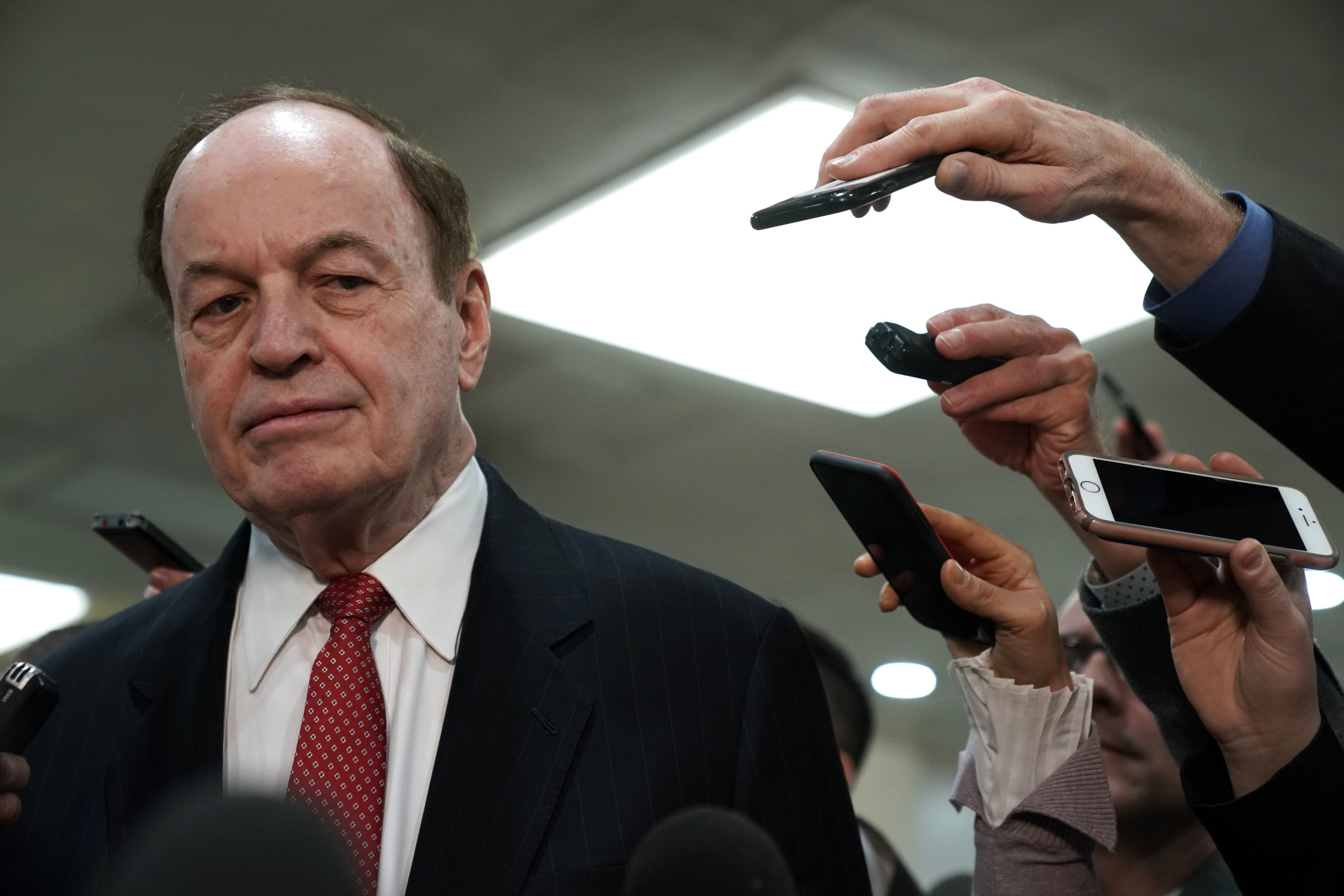Despite a continued conference ban, some Senate Republicans will begin requesting earmarks for district projects.
“If you don’t want to earmark, don’t ask for one,” Republican Alabama Sen. Richard Shelby told The Wall Street Journal Wednesday. Both parties in the House voted to end their earmark bans, which they instituted in 2011, as did Senate Democrats.
Earmarks are line items inserted into bills that direct money towards a specific recipient. By directing spending toward a specific Congress member’s district, they can be used to gain a reluctant member’s support for a piece of legislation.
Republicans did not change their rules 2allow earmarks so no republican can participate in that reprehensible act
— ChuckGrassley (@ChuckGrassley) April 21, 2021
At least two Republicans have already suggested that they may request earmarks, however. Maine Sen. Susan Collins said that she would do so if they are “subject to certain guidelines if they’re for public purposes.”
South Dakota Sen. Mike Rounds said that he would “do what I think is right for South Dakota,” while trying “to make sure it’s aboveboard.”
At least 19 Republican senators publicly opposed overturning the ban, including 15 who signed a letter calling the practice “an inherently wasteful spending process which is prone to serious abuse.” The letter was spearheaded by Utah Sen. Mike Lee.
Republicans and Democrats agreed to a series of two-year bans on earmarks starting in 2011, at the height of the Tea Party movement. Republicans stopped making the ban subject to renewal in 2019, at the urging of Nebraska Sen. Ben Sasse.
“The last thing taxpayers need is for the same politicians who racked up a $22 trillion national debt to go on an earmark binge,” Sasse said at the time. The national debt has since reached $28 trillion.
“Directed spending — a small amount of it — probably helps move the bills. I mean, I think that’s a given,” Shelby told The Washington Post.

WASHINGTON, DC – DECEMBER 04: U.S Sen. Richard Shelby (R-AL) speaks to members of the media after a closed door briefing by Central Intelligence Agency Director Gina Haspel to members of Senate Foreign Relations Committee and Senate Armed Services Committee December 4, 2018 on Capitol Hill in Washington, DC. (Photo by Alex Wong/Getty Images)
Earmarks “will be used as currency for votes as Democrat leadership buys off moderates who do not support their party’s radical policy agenda,” Republican Texas Rep. Chip Roy told the Daily Caller News Foundation. (RELATED: Congress Passed Largest Total Earmarks In Almost A Decade In 2019)
Some of the most notorious examples of government waste have come via earmarks. The Alaska “Bridge to Nowhere,” which cost taxpayers nearly $450 million, was first proposed in a 2005 earmark. Lawmakers abandoned the project in 2015, and it was never actually built. Another project received $50 million in federal matching funds via a 2003 earmark.


